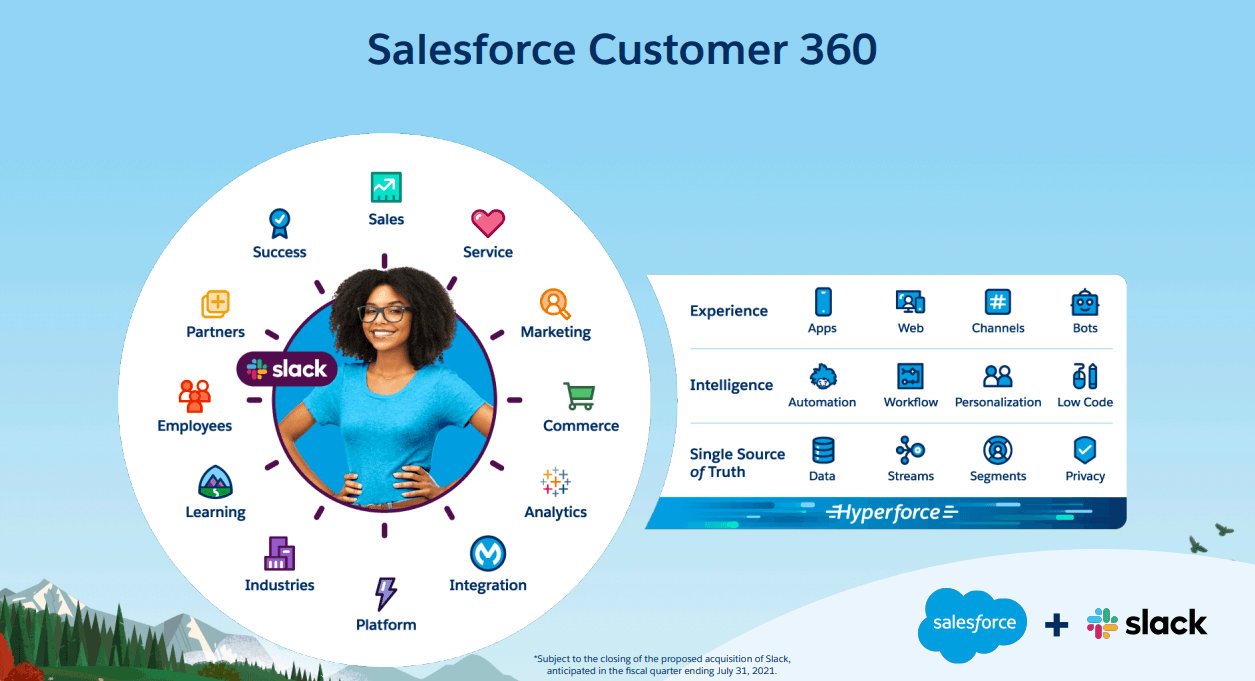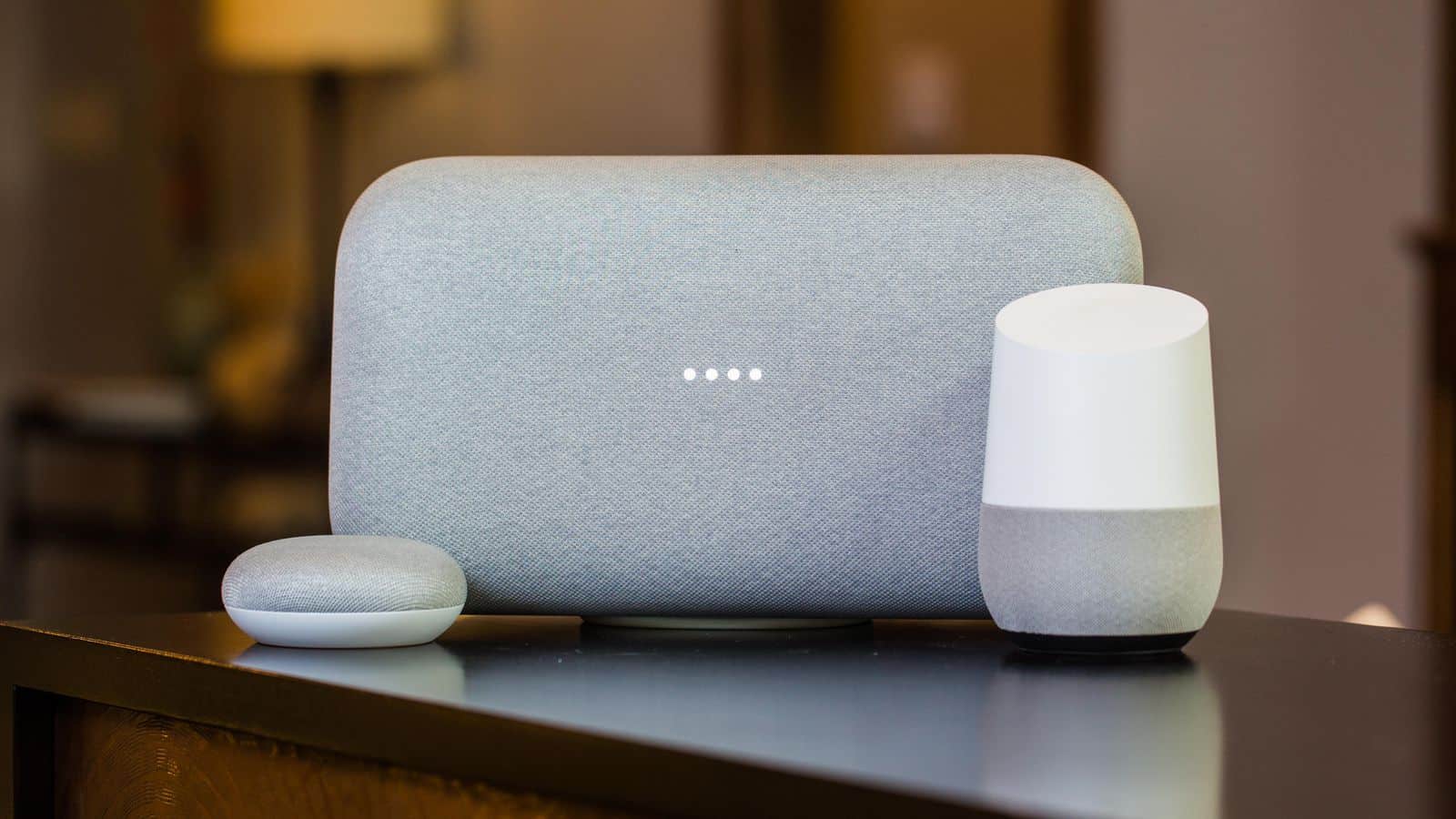Salesforce (SFDC), another Silicon Valley based venture, has been increasingly relevant in today’s cloud-based world. The firm, led by Marc Benioff, has been growing immensely and they are now even listed not the New York Stock Exchange. And to those that are Salesforce shareholders, it has shown to be a pretty good investment over the past few months. However, their growth strategy can be considered quite aggressive. Whereas only a couple of years ago they have acquired smaller companies like Radian6, Buddy Media, they eventually acquired ExactTarget (which then included recently acquired Pardot) to make a holistic Marketing Suite product and compete with players like Marketo and HubSpot. This was only the start of their aggressive acquiring and growth strategy. Since then, they have completed some really major purchases with Mulesoft and Tableau. Even this year, SFDC has completed their biggest acquisition ever. The company they acquired is called Slack, and the price tag was an astonishing US$ 27.7 billion.

The question that remains is, why is Salesforce acquiring so many companies and adding their products to their offering? The answer is as shown above. Salesforce has a Customer 360 vision. In short, they aim to provide their customers will all the tools to engage with their customers in a highly personalised manner and create value across the entire value chain. They really want to be the one-stop-shop where you go for all your customer engagements. Whether it is Sales, Service, Marketing, Social Media, Communities, eCommerce, or Communications; Salesforce wants to have it. Providing some academic background, they are now an Ecosystem Driver according to the Weill & Woerner model from 2015. They provide value to their customers by opting for a complete package and even extend beyond that with 3rd party products (available via the AppExchange) and free learning tools such as Trailhead or the Trailblazer Community.
It can be argued that this acquisition strategy in the long term may not be sustainable. Will customers remain to see the value? Based on the stock price I would say: YES! What are your thoughts?
References:
- https://www.cnbc.com/2020/12/01/salesforce-buys-slack-for-27point7-billion-in-cloud-companys-largest-deal.html
- https://www.salesforce.com/nl/blog/2019/07/alles-wat-je-moet-weten-over-Salesforce-Customer-360.html
- https://www.salesforceben.com/the-drip/a-brief-history-of-salesforce-marketing-cloud-and-pardot/
- Weill, P.; Woerner, S.L., 2015. Thriving in an increasingly digital ecosystem. MIT Sloan Management Review. Available at: https://sloanreview.mit.edu/article/thriving-in-an-increasingly-digital-ecosystem/ [Accessed October 6, 2021].

